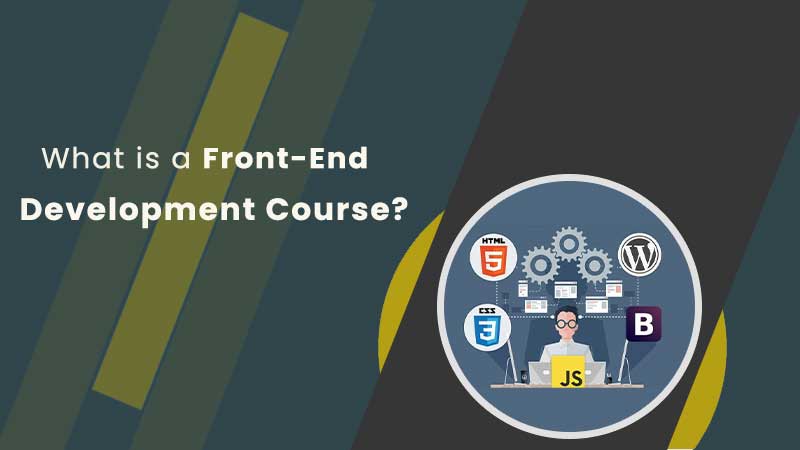What Do Early Childhood Programs Do?
During the preschool years, which may span anywhere from 2.25 to 5 years, a kid goes through a period of development that is quite exciting. She put her faith in her parents from a young age since they instilled that value in her. After she mastered walking for the first time, she was able to advance her journey toward being more independent. A youngster in pre-school who has developed confidence in others and a sense of independence is able to experiment with new forms of play (like making beliefs) or a whole different environment (such as kindergarten). These skills are quite important for a child’s further life, so when it comes to the choice to study on his own or just buy coursework online he or she can make their own choices and decisions.
The ability to chart one’s course in life is an essential life skill that should be taught to youngsters as young as three years old. According to Eric Erickson, one of the most known American psychologists, the primary goal of the preschool years is to learn how to take the initiative in ways that are socially acceptable.
How Children’s Minds Work
Preschoolers have coined the saying “You get what you pay for” as a means to represent their way of thinking and their approach to learning. Young children have the ability to view the world around them in its natural state. If one child splits a piece of cake into four pieces while the other child divides it into two pieces, the first child will believe they have twice as many treats as the second child. This is especially true for younger children. As if it were logical, she’ll say that the number of pieces in four is more than the number in two. Preschoolers might be motivated to make friends with other children if they find another child to be appealing (such as a nice dress or a new toy).
Young children especially gain a great deal from the direction and assistance provided by trained adults present in preschool programs in Henrico, VA (or elsewhere), who also allow them the independence necessary to discover and learn on their own. The actions, living conditions, and mentalities of adults have a significant impact on the growth and development of children in the preschool years. The manner in which adults speak with one another and with children can have a positive impact on the linguistic development of young children. Providing young people with the opportunity to create their own games is essential to the growth and well-being of those children. It is beneficial to the growth of both self-awareness and empathy, as well as the ability to think creatively.
Aspects of Development
Every child develops at his or her own pace from one stage to the next. Throughout the course of time, it has been displaying a range of indications that indicate change. For instance, have a look at the usual symptoms that manifest themselves in children between the ages of 2.5 and 5 years old in a variety of occupations (physical development, communication, etc.). The indicators are included in the lists in chronological sequence according to the time in a child’s development at which they are seen for the first time.
Also, Read About Ryan’s World and Garden Coloring Pages: Parents Can Help Create Their Children’s Colorful Lives Through Coloring Pages
How Parents Can Help a Child’s Physical Development
- By giving the child little things to manipulate, parents and teachers (https://www.ed.gov/teaching) may help their children develop their fine motor skills. There is a large selection of merchandise available, including but not limited to pencils, felt-tip pens, scissors, jigsaw puzzles, necklaces, and plasticine.
- Make it a priority to provide your child with access to various types of equipment that can assist them in developing strong muscles. These might be anything from a ball to a bike to a skipping rope; the possibilities are endless.
- Put a time limit on how much television your kid can watch. The kid has to have a favorable experience when participating in physical activities. Create an atmosphere that is favorable to your child engaging in physical activity so that you may encourage them to do so.
- Make it a family outing to go for walks in the nearby park.
How Parents Can Help in the Intellectual Development of the Child
- Ask your kid to explain his or her thought process behind fitting the puzzle pieces together (something along the lines of “How did you realize you needed to put them together?»).
- When it comes to experiencing new things, you shouldn’t put restrictions on what your child can do. You could, for instance, use it to mix several different shades of paint if you were in this situation. The students are given a container of water and asked to predict which objects will float to the top of the water and which will sink to the bottom of the container.
- You should hang up a clock in the child’s room so it can serve as a constant reminder of the time. Create a schedule for your child’s daily activities and post it in a prominent location (such as on the refrigerator) (such as refrigerator).
- Create a quilt for the newborn using scraps of fabric in a variety of patterns, colors, and textures.
- By producing flashcards, you may assist your child in acquiring new words and phrases. It is required that the playing cards have pictures of animals, objects, and other such things.
- Encourage your child to talk about previous situations and experiences. As an illustration, you may say to her, “Tell me about today. Before I asked, “Who did you have fun with when you were younger? “, what were you doing? “What were you doing before I asked?»
How Parents Can Help in the Emotional Development of the Child
- To assist your child in identifying and verbalizing their feelings, you may say something to them like, “You look sad. Did something significant take place in your life when you were attending school?
- Recognize that fostering open communication between you and your child about their feelings will help you get closer to her.
- Keep a close watch on your child at all times, listen to what she has to say, and react appropriately to how she is feeling.
- You could provide your child with some dolls or stuffed animals so that he may act out his emotions via pretend play. This will help you understand how your child is feeling (for example, comforting a crying doll, reconciling quarreling teddy bears, etc.).
Young children take pleasure in playing, and they like it much more when they are able to employ their imaginations while doing so. This particular type of play is referred to as imagination, and it is extremely important for the growth and development of children. The ability of young children to imagine and tell stories based on events that occurred in the past grows significantly over the preschool years.
When a child is in preschool, they are at the stage of their development when they are the most active. The independence and curiosity of the youngster enable him to discover the world in new and exciting ways. It is only possible for her to develop her physical, emotional, cognitive, and communication capacities if her parents and instructors provide her with a great deal of chance for her to do so. The following recommendations will help in establishing a comfortable and creative environment in which the child will grow.











